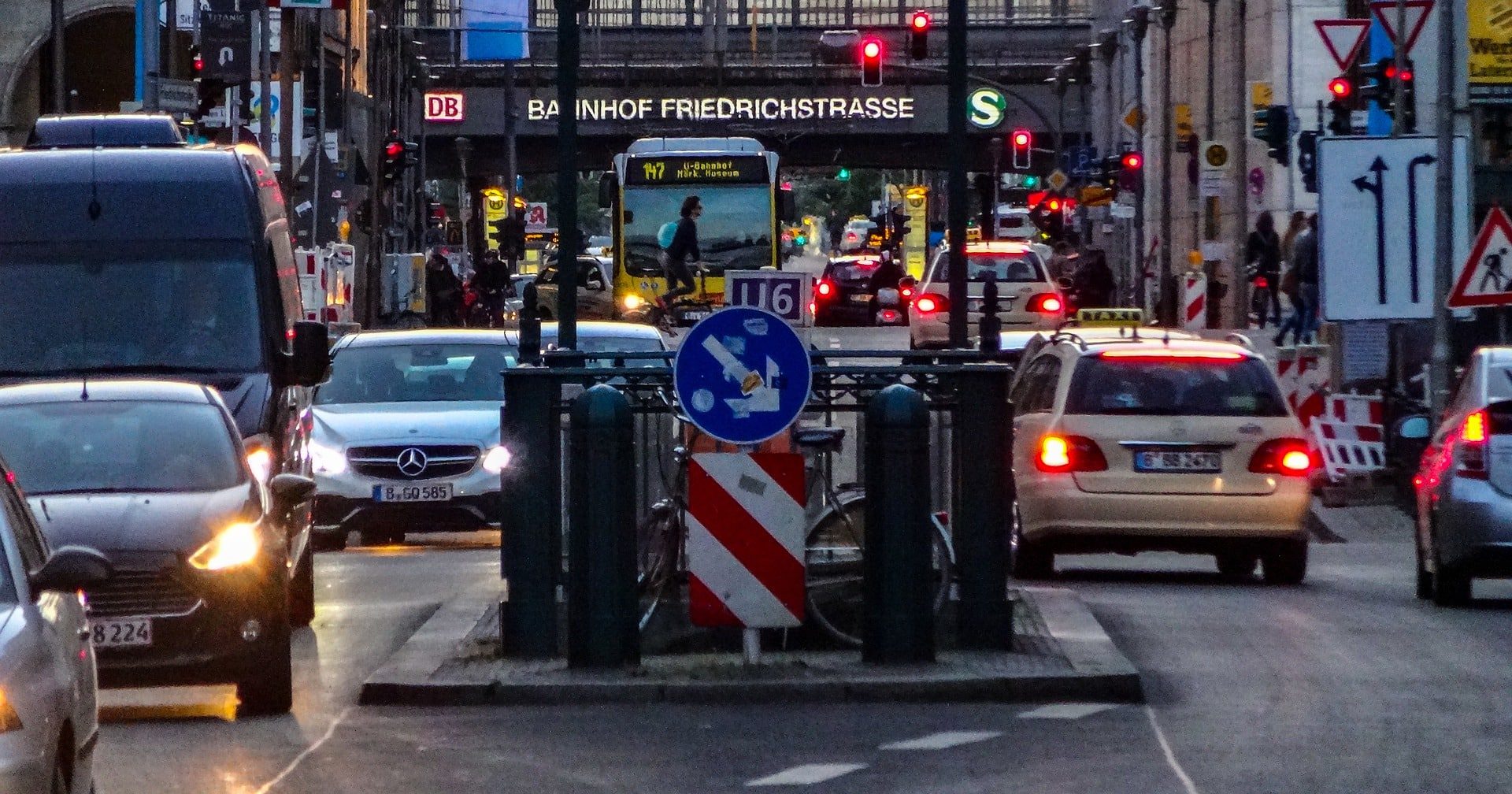
T&E Position Paper on the mid-term review of the EU Common Transport Policy
Doing more with less: towards the most transport-efficient economy. Submission to the public consultation of the European Commission on the Mid-term Review of the White Paper on the European Transport Policy by the European Federation for Transport and Environment.
Summary – ten key actions needed:
- The EU should strive to become the most transport-efficient economy in the world, through pursuing double decoupling: decoupling of traffic growth from GDP, and decoupling of environmental impacts from traffic. Doing more with less should not just be the EU’s slogan for energy policy, but also for transport policy;
- By 2010 a transport and infrastructure pricing system should be in place which reflects the real costs to society and gives sufficient incentives to start reversing current trends;
- Direct and indirect subsidies to transport, in particular road and air transport, should be halted as soon as possible. Curbing national fiscal rules that stimulate car use and ending VAT exemptions of international transport are two priority ar- eas;
- Ex ante evaluation of transport infrastructure projects funded with EU money should be drastically improved. First, the transparency, scrutiny and public par- ticipation in cost-benefit and environmental impact assessments has to be in- creased. Second, despite the existence of a directive for Strategic Environmental Assessment, project planning lacks serious consideration of different strategic al- ternatives – such as other modes, or demand management – to solve the trans- port problem at stake.
- Construction on new infrastructure that harms ecosystems or is unviable from a socio-economic point of view should be halted;
- The EU should pursue its policies to revitalise rail transport, but the focus of in- vestment should be shifted from constructing new megaprojects to improving the use, efficiency and interoperability of the existing network;
- By 2020 energy use and greenhouse gas emissions from the transport sector should have stabilised, to start falling afterwards, and transport should not give rise any more to significant concerns in the field of air quality, acidification and eutrophication;
- Stronger policies to cut traffic pollution at source are needed as this is an area where the EU can make a big difference. Priority targets are the doubling of fuel efficiency of cars and vans over the next decade, near-zero NOX and PM10 emis- sions from diesel vehicles, reducing emissions from aircraft and shipping, emis- sions under real-world driving, and noise emissions from road vehicles, aircraft and trains;
- Incentives for biofuels should be linked to a system of sustainability certification, like the Forest Stewardship Council (FSC) label for wood products;
- The EU should actively support initiatives for sustainable urban transport, in par- ticular by co-financing the costs of implementation of urban and regional road pricing systems, and by developing human and institutional capacity for sustain- able urban transport planning, especially in the new Member States.
